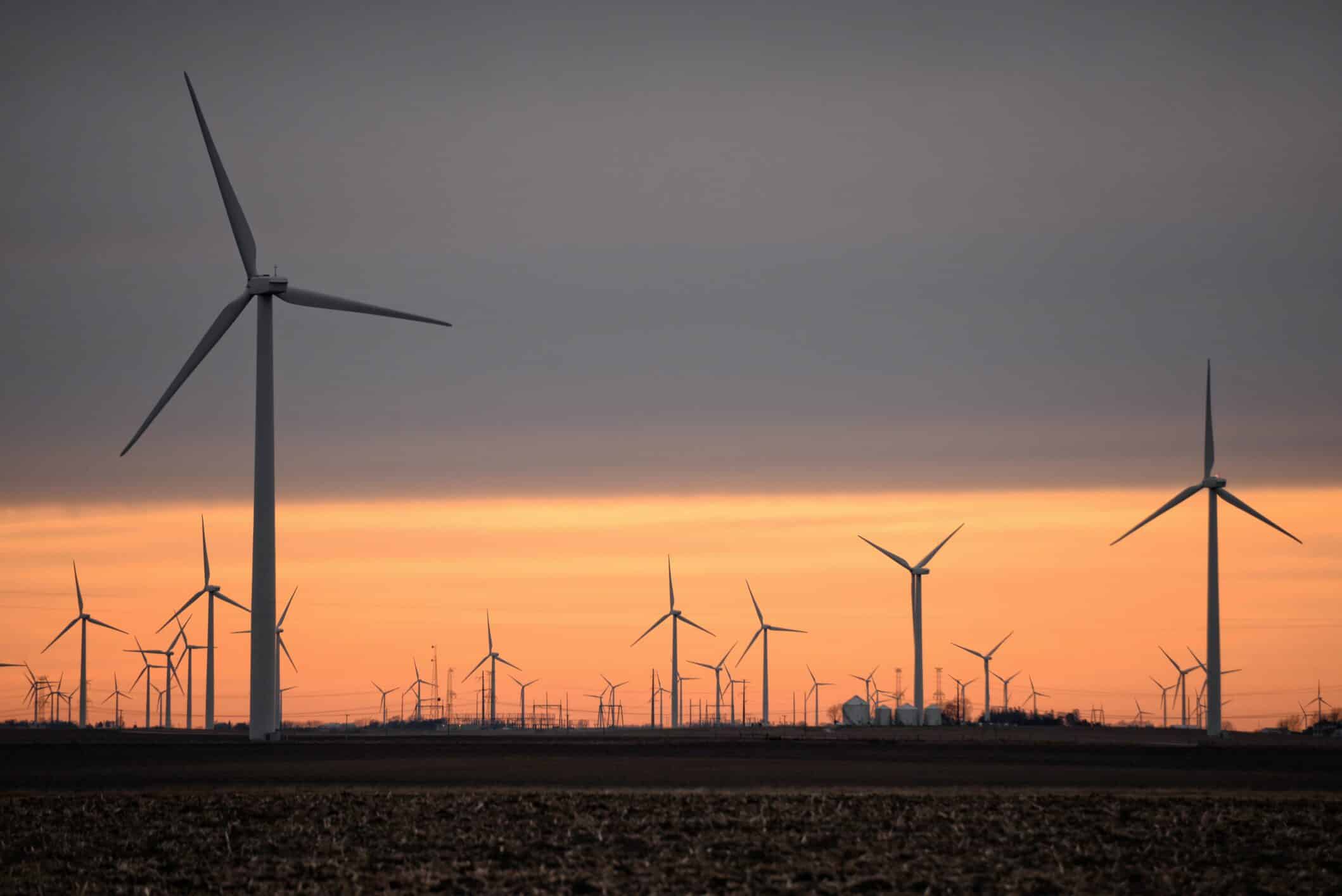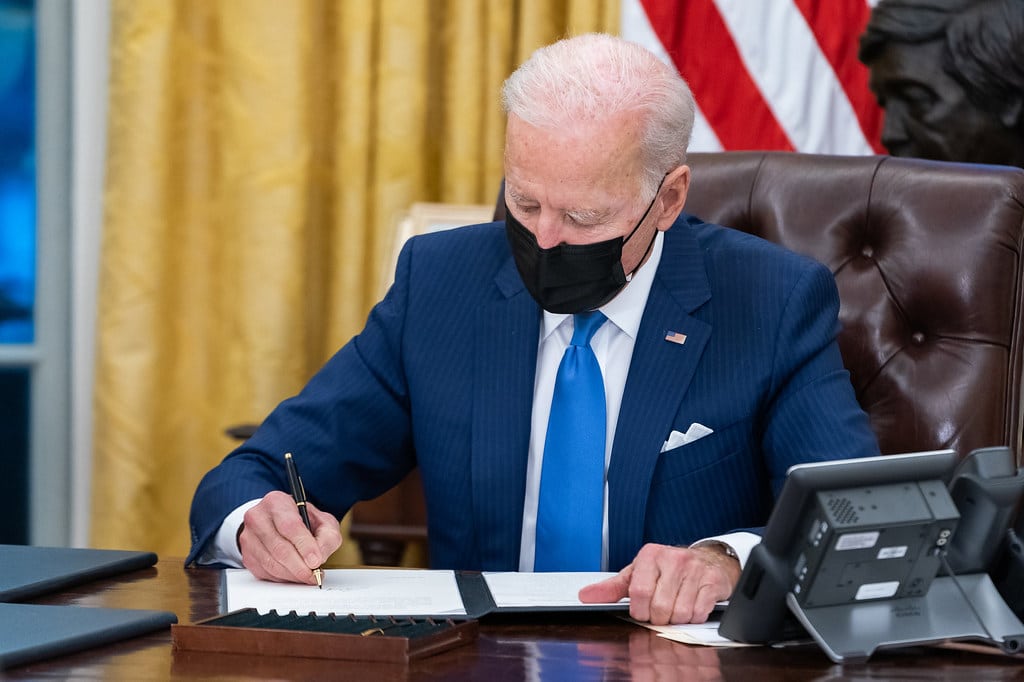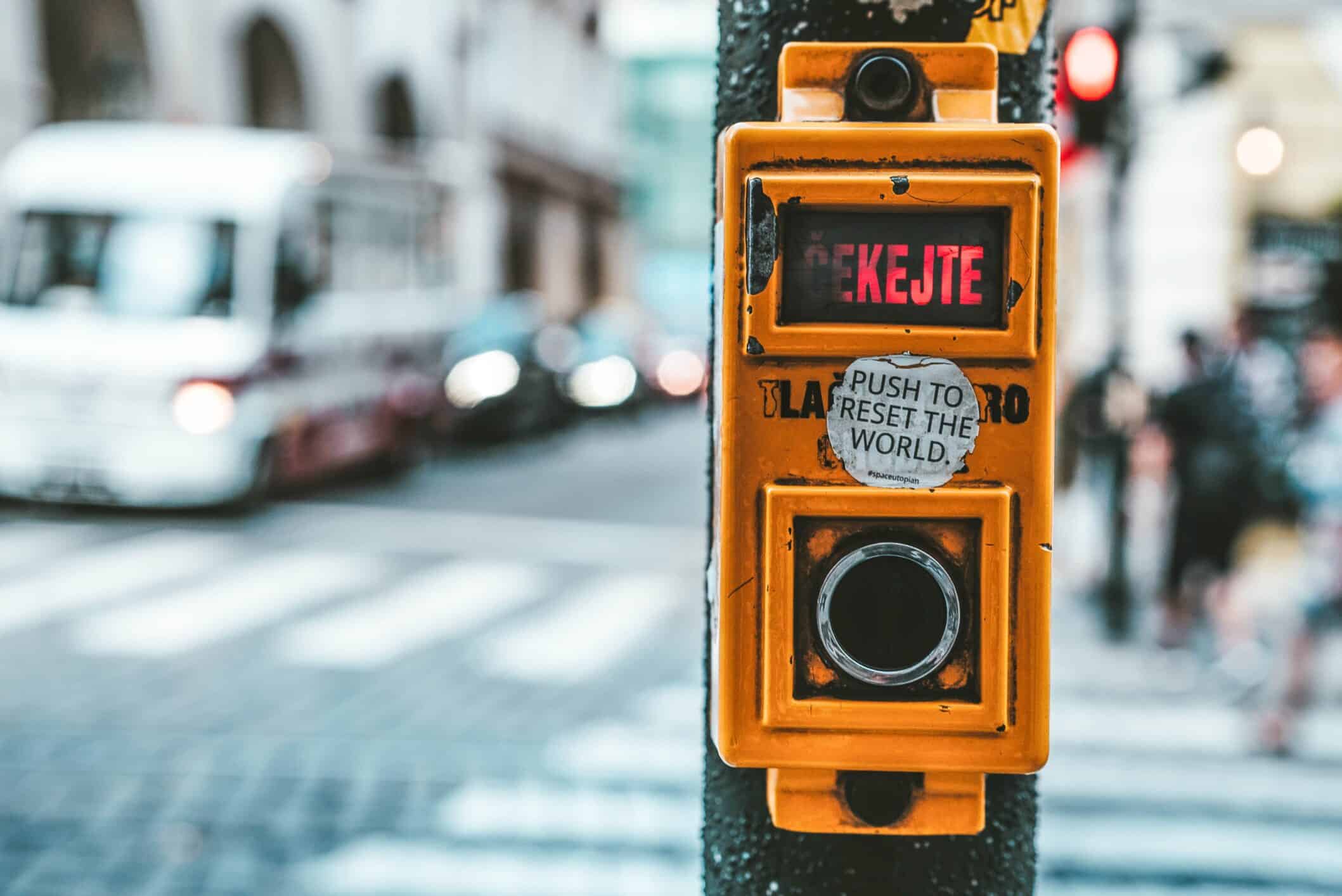It’s a truism that ‘everything’s changed’ as a result of the pandemic. But is it really true? There are certainly many areas of life that have evolved more quickly than anticipated, but is this a permanent reset? Or will people, businesses and governments all revert to the way things were as we ease out of our lockdowns across the world?
Well, for my colleagues and me at RESET Media Group, there’s a big clue in the company’s name. I believe that we are at a fundamental inflection point for pretty much everything. It’s a crossroads that creates lethal threats to many old ways and massive opportunities to move ahead more positively for everyone – individuals, society, businesses, governments and the rest of the ‘system’.
While COVID-19 has been undeniably horrendous, I do believe that the aftermath can leave us with a greater sense of optimism and positivity to tackle other pervasive issues.
That’s what this new media platform is all about. We’re here to help showcase positive change and inspire people to adapt their own lives in a way that benefits themselves, society and the planet.
Let’s have a look at a few of the key areas that we will be exploring through our editorial content.
Personal lives and choices
There’s been more self-reflection this year for many people than ever before, with the result that there’s a big change to the way many of us are choosing to live.
For example, those who can, have rushed from cities. London alone is said to have lost nearly 1m of its population over the last year. Yes, there’s also the Brexit effect, with many foreigners leaving to return to their countries of origin. But the countryside has also experienced a surge in city-dwellers seeking rural retreat. The same pattern has been reported in New York, Paris and many other cities. It’s incredible how much we now value distance from others.
And allied to that, a lot of us have experienced the thrill of nature; relishing the sounds of birds which were previously blocked out by the incessant drone of traffic or taking time to walk through parks or woods, stroll by rivers or kick sand on beaches.
Our personal relationships have also been thrown into the spotlight. Who do we value most? Who do we really want to be with when we are forced to make choices? Who do we rely on and who will really be there to support us in our ‘bubble’? Do we actually want a romantic relationship when we can’t escape each other?
I believe that we are at a fundamental inflection point for pretty much everything.I would argue that the personal choices people are making are more determined than ever by ‘weightier’ considerations. Whether it’s in the area of health and wellbeing – physical and mental – the way we consume products, or decisions we take about how to reduce our own environmental impact on the world. COVID has made real, with appalling clarity, the notion of a global, connected world in which an individual can actually have an impact. In the same way as a virus super-spreader can cause a global outbreak, the positive actions of just one person can positively influence great swathes of the population to strive to be better. Captain Tom Moore is just one example from the UK. Many people are stepping up to make a positive step-change, questioning every facet of their lives and throwing off the old ways. The good life triumvirate of health, wealth and happiness have come to the fore in ways never really seen before in peacetime. And people are considering these for themselves and the wider world.

There is an accelerating energy transition. Photo by Laura Ockel on Unsplash
Business behaviours
As well as dealing with massive structural shifts in how they can sell and deliver products and services, companies are having to respond at the same time to the seismic change in societal attitudes. We’re seeing the rapid acceleration of brands becoming ‘conscious’, positioning their businesses around ‘purpose’ rather than (just) profit. The woke generations in particular just won’t buy from companies that they don’t feel are doing the right thing. The sectors of business that have been most traditionally resistant to change, probably because they were just making so much money, are now enthusiastically rushing headlong into positive and accelerated transformation. Think oil and their efforts around energy transition. Think finance and the rise of ESG investing. Think tobacco and their move to reduced harm products.Another outcome of the pandemic is that companies have realised that the cliche about their people being their most important asset is actually true. When your colleagues are dying, it tends to focus the mind. When the COVID-19 pandemic started, the best businesses put great efforts, very rapidly, into ensuring that their workers were as safe as could be and as focused as possible on innovating and providing positive momentum.
Productivity has been thrown into the spotlight because of the enforced changes to working life. If you’re an ‘office worker’, do you actually need an office any more? Can you deliver as much for the company from your home? Or will you actually just go slowly into mental and physical decline? Can people come up with ground-breaking ideas over a video link, or do you need to gather in real life? Perhaps we can all really work anywhere after all? And let the robots do all the menial stuff we don’t want to do anyway, allowing us to enjoy 25 hours extra per week of quality leisure time, as envisaged by futurologists? How can businesses foster loyalty and belonging in a disparate, disconnected workforce? It’s too soon to answer these questions. But it’s certain that the lure of lower rental payments, particularly at a time of extreme pressure on revenues, will be too much for many organisations to resist. Flexibility is a trait that will be required of everyone in the new world of work and the businesses that enable people to flourish in the new environment will probably come through as long-term winners.

President Joe Biden signs executive orders on immigration Tuesday, Feb. 2, 2021, in the Oval Office of the White House. (Official White House Photo by Adam Schultz)
Policy shifts
The sudden shock of the coronavirus pandemic seems to have affected political views quite fundamentally too. Margaret Thatcher famously said there was “no such thing as society”, but people have comprehensively disproved that by pulling together more than ever to tackle the numerous issues over the past year. From actually adhering (mostly) to social distancing rules, to providing support networks to vulnerable neighbors, there’s been a remarkable sense of togetherness across many places in the world.
In the political context, this has translated in many countries into a greater public demand for state support for shared services such as healthcare, (un)employment support or housing for disadvantaged communities. Governments have also needed to provide unprecedented financial support to businesses and organisations most profoundly affected. Even though the vaccines provide hope of getting the virus under control, the debt incurred will live with everyone for decades to come.
But the public is generally accepting of this and there seems to be very little appetite to give up backing for these societal support structures, more traditionally the preserve of left-leaning thinking. The election of President Biden has signalled that the era of inclusive policy is back and here to stay – for four years at least – in the USA.
The same is true for environmental policy: the rapid volte face represented by the USA rejoining the Paris Climate Agreement provides huge impetus to global efforts. Combined with the ever-increasing groundswell of public support for environmental action mentioned previously, this must provide some kind of permanent change in direction. This will affect everything from the cars we drive to the way we generate energy, from the food we eat to the way that food is farmed.
We are going to be seeing massive waves of transformation in all areas driven by consumers, businesses and policy-makers. I’ve obviously only skimmed the surface of the many ways that the world is going through a reset and I hope you will join us on our journey to explore them.

